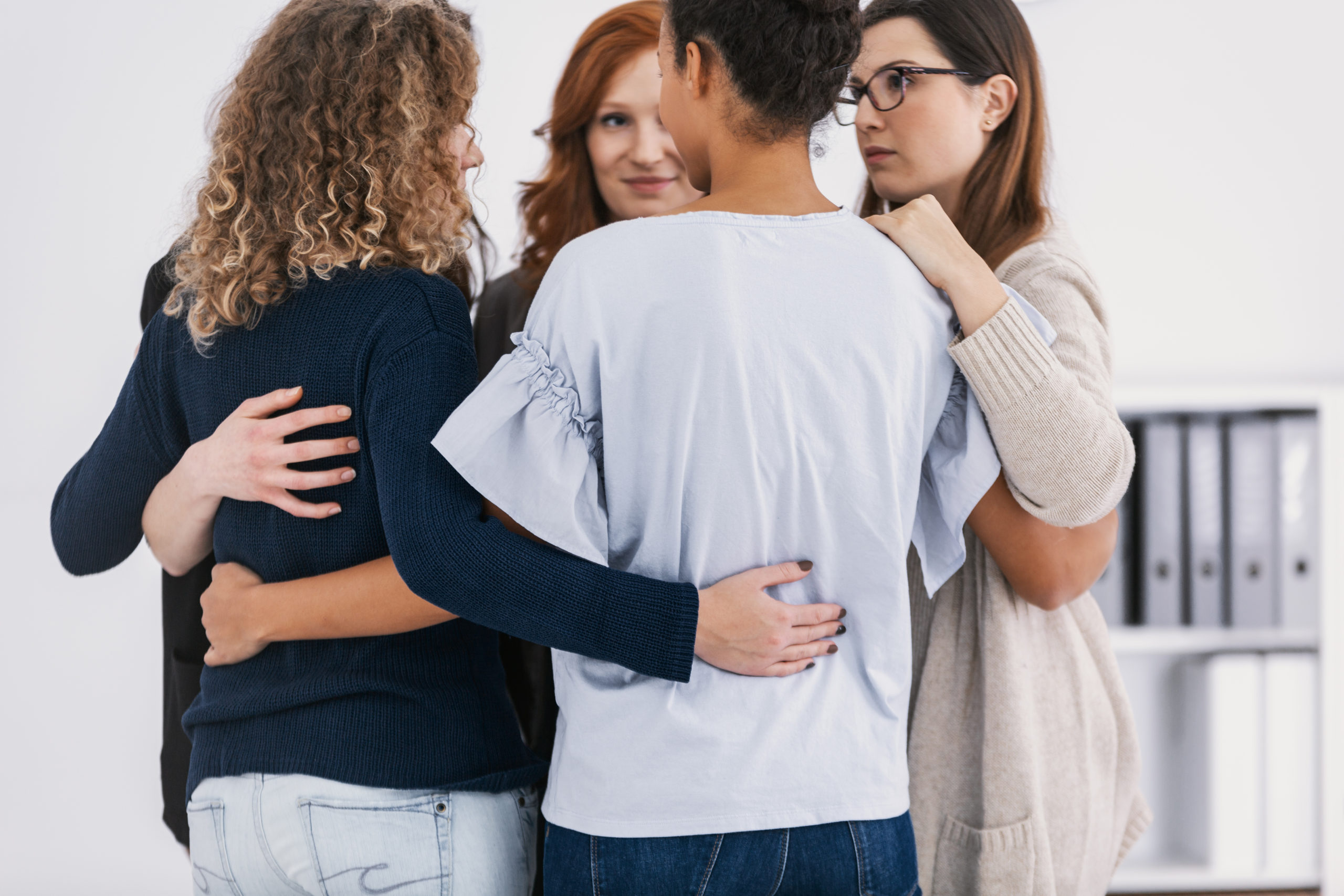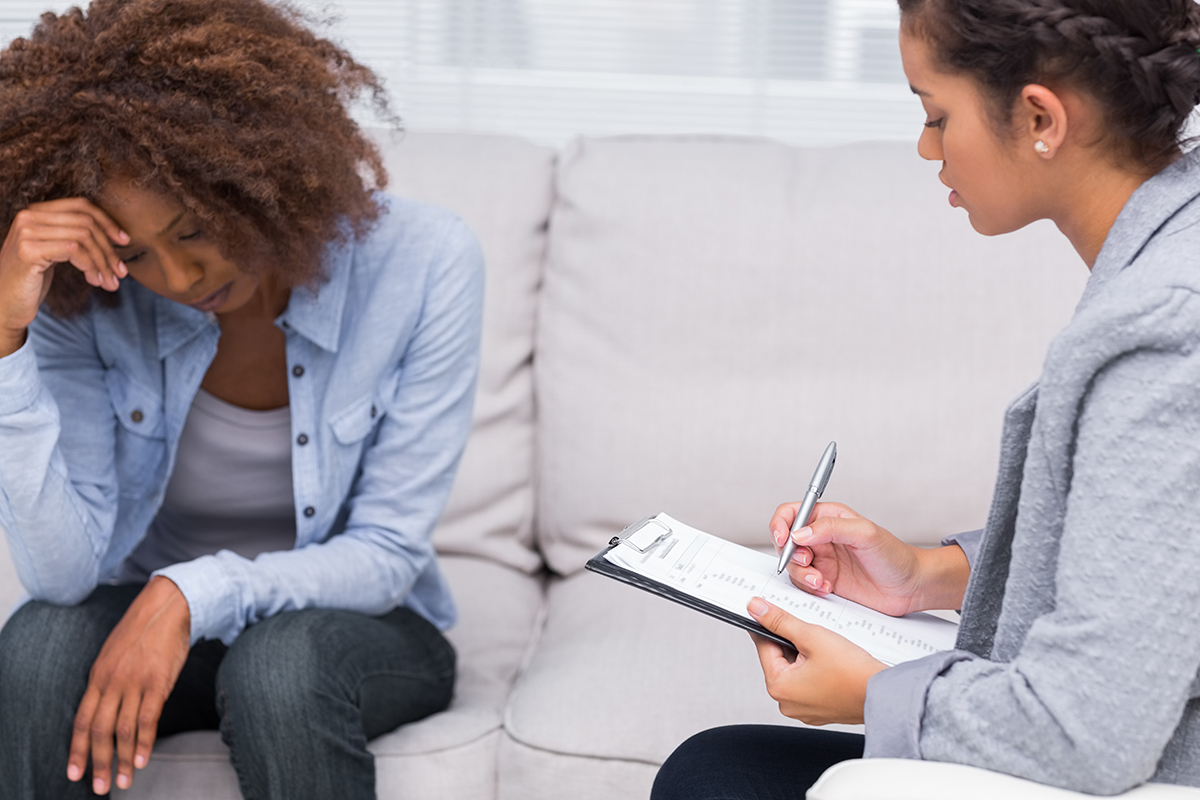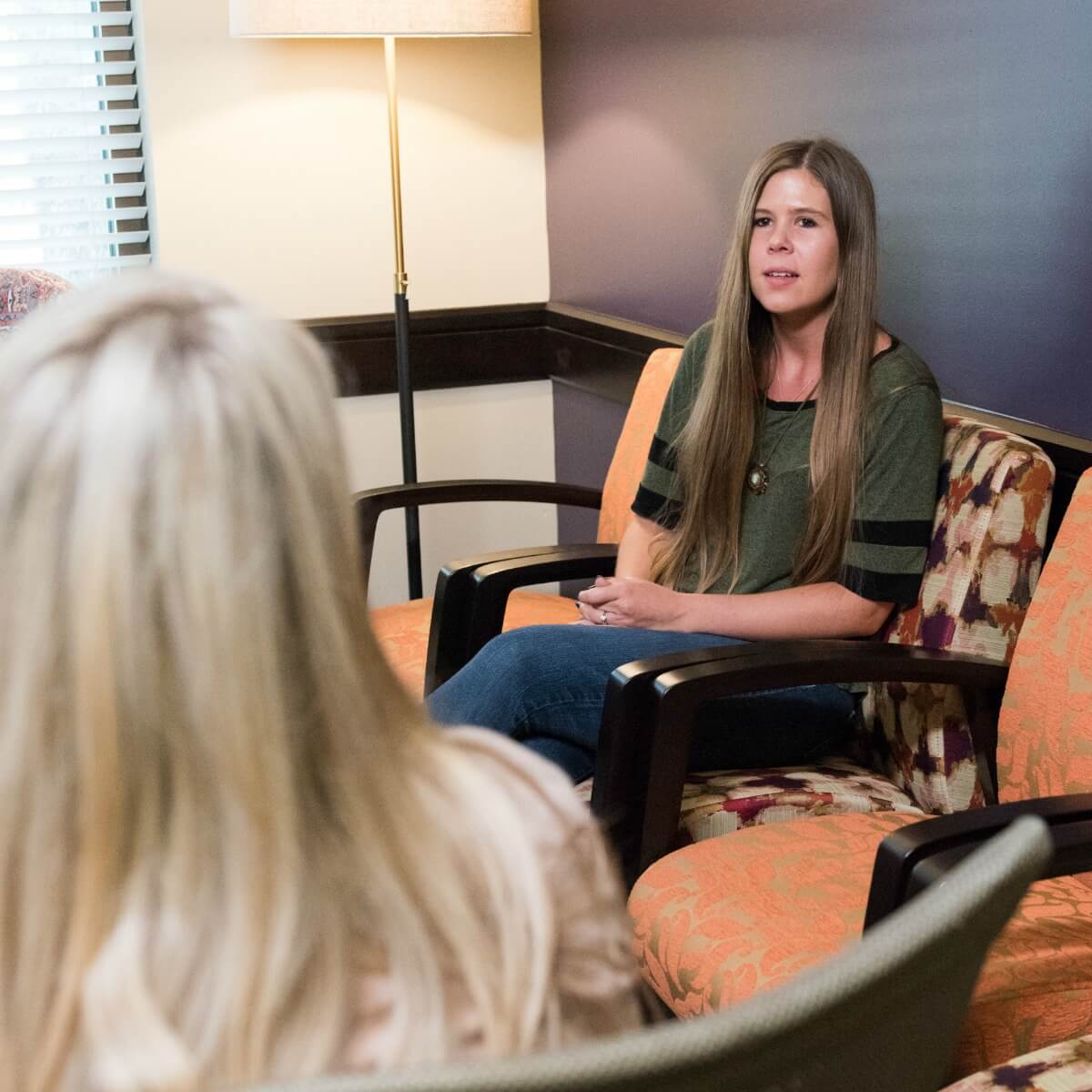

By: Lakeview Health
For a long time, most of the people with alcohol use disorder were men but that gender gap has disappeared in recent decades. A 2006 study by The National Center on Addiction and Substance Abuse (CASA), published in book form as Women Under the Influence, revealed that high school girls now drink, smoke, and use illegal drugs as much as their male classmates. Even when using substances at lower levels than men, women typically progress from substance use to addiction more quickly than their male counterparts. The reasons for substance misuse are different, too. Women Under the Influence shows that “girls and young women are likelier than boys and young men to abuse substances in order to lose weight, relieve stress or boredom, improve their mood, reduce sexual inhibitions, self-medicate depression, and increase confidence.” These are important differences that need to be addressed in addiction treatment. Very often, sexual trauma, depression, anxiety, or low self-esteem are behind the substance misuse by girls and women. The women’s addiction treatment program, The Rose of Lakeview, employs Stephanie Covington’s model to treat addiction in women. Dr. Covington’s Helping Women Recover program addresses four key areas in separate modules. In the “self module,” women discover what the self is, learn that addiction can be understood as a disorder of the self, and learn about the sources of self-esteem. “It is all about regaining a sense of self, understanding yourself, even reconnecting to a younger self before puberty or before the substance misuse,” says therapist Sharon Elliott, who works on this module with patients at The Rose. “The women connect with their natural vitality, before the drug and alcohol use. They also explore their public image and how it is different from their true inner self.” The relationship module and the sexuality module address another gender-specific factor. CASA research shows that “women in substance abuse treatment are more than five times likelier than men (69 percent vs. 12 percent) to have been sexually abused as children.” Sharon Elliott estimates that 80 percent of the patients she works with have experienced some type of interpersonal violence, usually committed by men. Many women deal with the experience and the resulting post-traumatic stress disorder (PTSD) by self-medicating with alcohol. In therapy, it is very difficult for women with PTSD to speak openly about their experience in the presence of men. In the gender-responsive environment of The Rose, where all the patients and all the primary therapists are female, women have a much better chance to address these underlying issues of their substance use disorder. “They learn how to soothe themselves without drugs or alcohol,” says Elliott. “They acquire coping skills and practice emotional regulation, so they don’t misuse alcohol when cravings well up or depression hits.” They learn they are not alone because they are members of a sober network of women they can depend on in their recovery. The fourth Covington module focuses on spirituality. In this module, each woman is given an opportunity to experience aspects of spirituality and to create a vision for her immediate future in recovery. “They recover the woman deep inside that they always wanted to be,” says Elliott.





